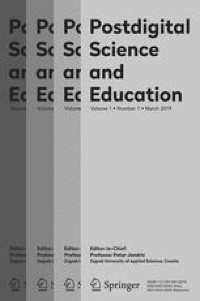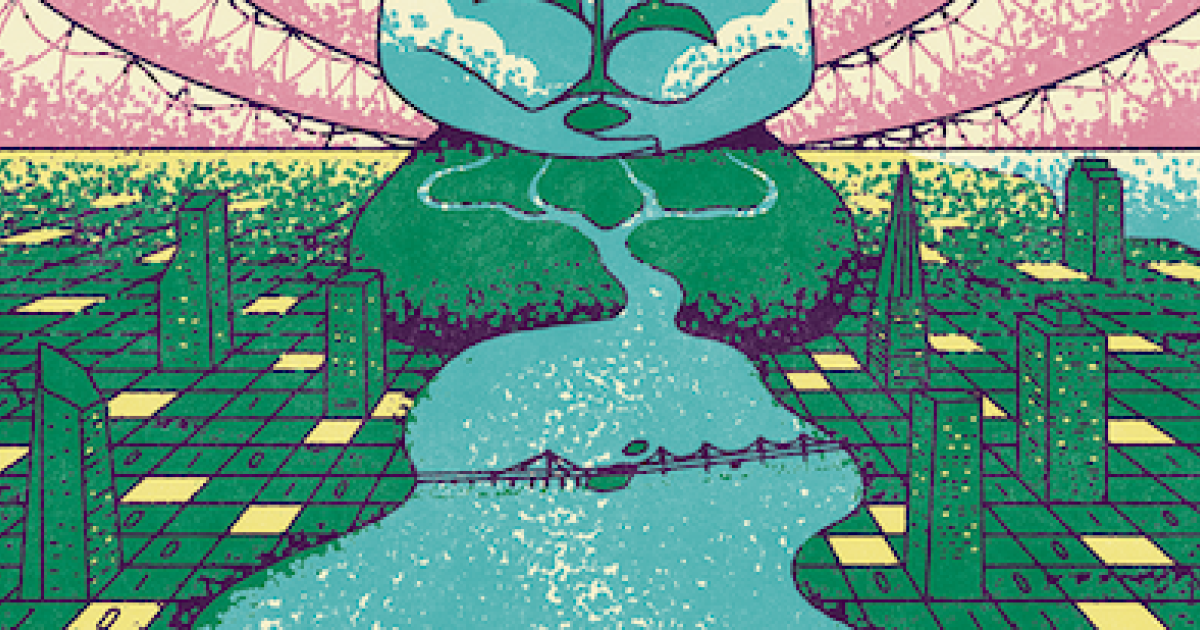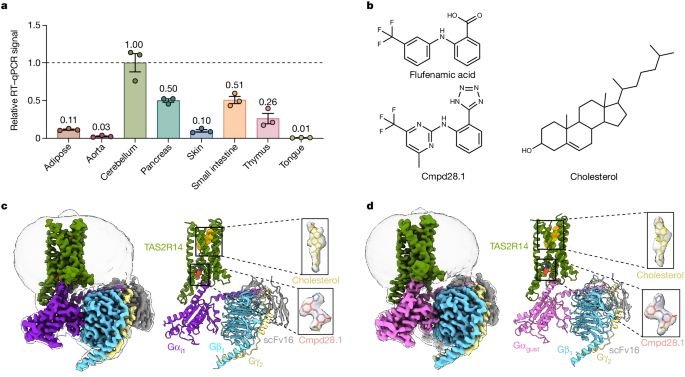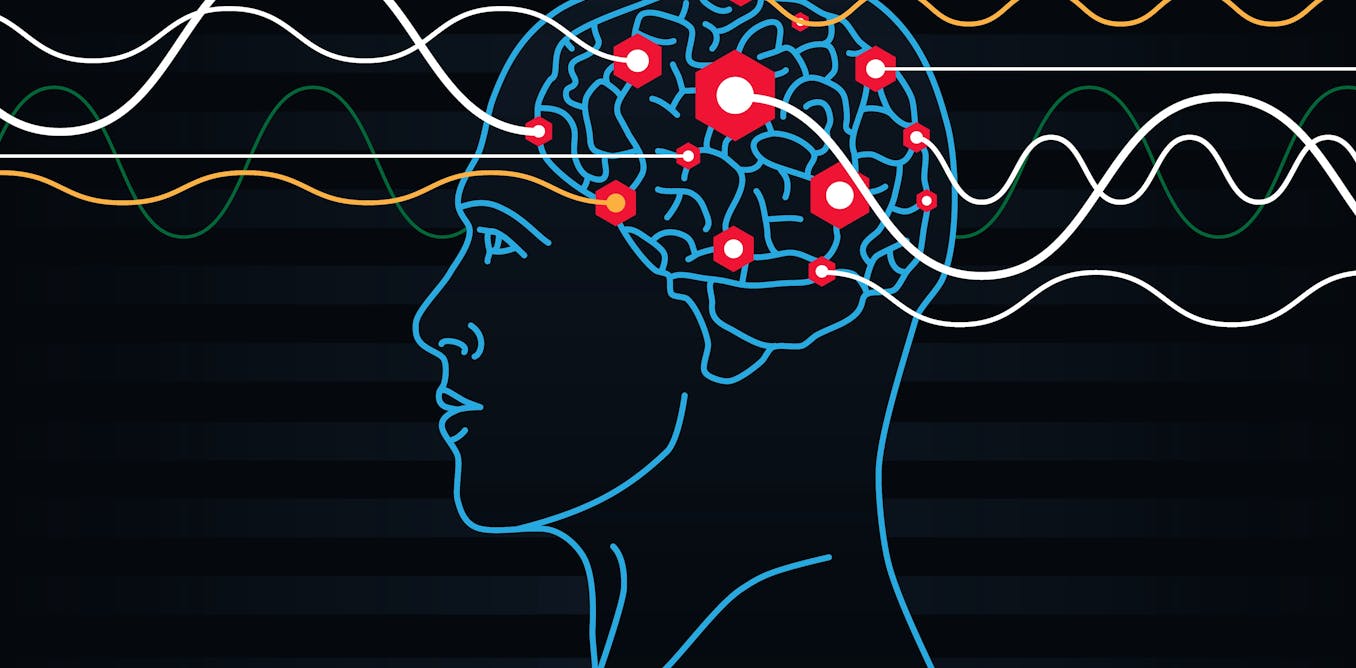
Biodigital Philosophy, Technological Convergence, and Postdigital Knowledge Ecologies
Postdigital Science and Education volume 3, pages 370–388 (2021 )Cite this article
New technological ability is leading postdigital science, where biology as digital information, and digital information as biology, are now dialectically interconnected. In this article we firstly explore a philosophy of biodigitalism as a new paradigm closely linked to bioinformationalism. Both involve the mutual interaction and integration of information and biology, which leads us into discussion of biodigital convergence. As a unified ecosystem, this allows us to resolve problems that isolated disciplinary capabilities cannot, creating new knowledge ecologies within a constellation of technoscience. To illustrate our arrival at this historical flash point via several major epistemological shifts in the post-war period, we venture a tentative typology. The convergence between biology and information reconfigures all levels of theory and practice, and even critical reason itself now requires a biodigital interpretation oriented towards ecosystems and coordinated Earth systems. In this understanding, neither the digital humanities, the biohumanities, nor the posthumanities sit outside of biodigitalism. Instead, posthumanism is but one form of biodigitalism that mediates the biohumanities and the digital humanities, no longer preoccupied with the tradition of the subject, but with the constellation of forces shaping the future of human ontologies. This heralds a new biopolitics which brings the philosophy of race, class, gender, and intelligence, into a compelling dialog with genomics and information.
Anyone living through the last year of Covid-19—its first, second, and third waves—will understand pragmatically the new significance of the relationships between the biological and the technological and, specifically, two emerging paradigms. The first paradigm, ‘bioinformationalism’, draws a close association between viral biology on the one hand and information science on the other to critically discuss the parallel structure of epidemics and infodemics and the nature of conspiracy in a post-truth world (Peters et al. 2020c). It also investigates the political economy and the effects of bioinformational capitalism (Peters 2012). The second paradigm, ‘biodigitalism’, also refers to the mutual interaction and integration of information and biology. In particular, it investigates biological futures through biodigital technologies including molecular diversity, the de novo synthesis of DNA constructs, the engineering of biochemical pathways, and genomic construction (the synthesis of new life). The acquisition of novel biological diversity here includes DNA synthesis, ‘shuffling’, and bioprospecting, as well as efficient mass screening. The focus is on understanding and manipulation of biological systems in computational biology, in systems biology more generally, and in genomic medicine (National Research Council 2009).




















